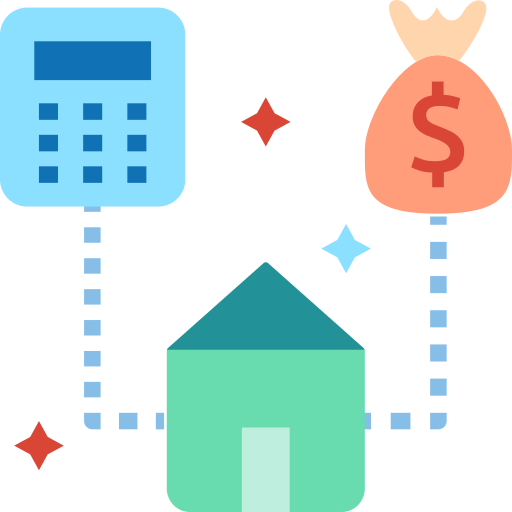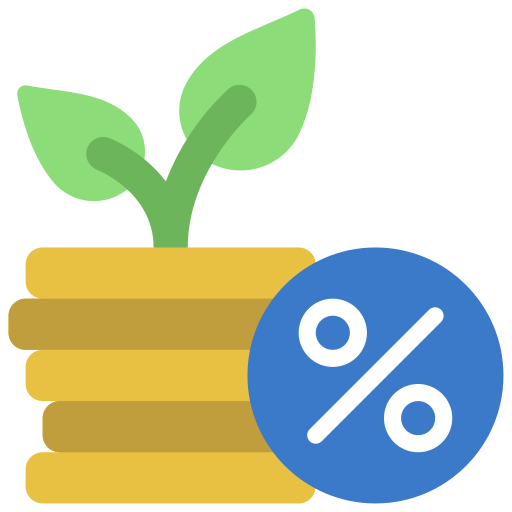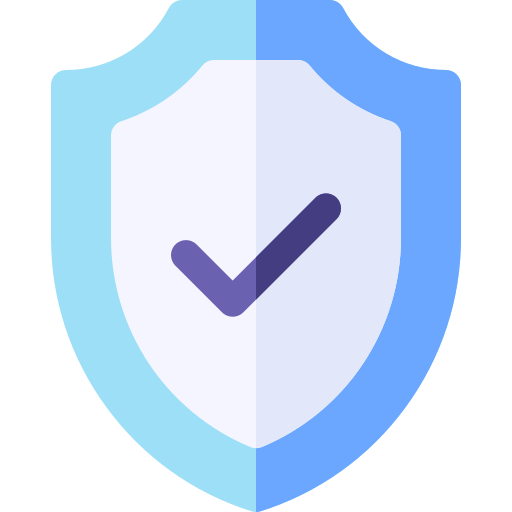The VA Loan
What is a VA Loan?
Created by President Franklin Delano Roosevelt as part of the original Servicemen’s Readjustment Act of 1944, VA loans help create homeownership for service members who have sacrificed so much for their country, yet do not have a fair chance to establish a credit rating because of their service. Insured through the U.S. Department of Veterans Affairs, VA loans do not require the borrower to make any down payment or to get private mortgage insurance, amounting to substantial savings. Rates are also lower, and the underwriting standards are far more lenient.
Simply put — if you are a current or former member of the U.S. armed forces, you are unlikely to get a better deal with any other kind of loan. We have licensed mortgage originators who specialize in VA loans and who are dedicated to getting you the best program for your individual needs. They will not just sell you a home loan, but help review your current financial situation and long-term goals. Our loan officers will then determine which loan will best suit your individual needs.
Qualifying for a VA Loan
If you meet the basic service requirements specified by the U.S. Department of Veterans Affairs, you are eligible for a VA loan — whether you are on active duty, a veteran, a National Guard member, or a reservist. You may also be eligible if your spouse is in the military while on active duty or due to a disability connected to his or her service. The VA, which insures the home loans, makes the ultimate decision with regards to eligibility. But even if you are eligible under VA criteria, we still must verify that you meet eligibility requirements such as credit and debt.
-

Certificate Of Eligibility
A Certificate of Eligibility (provided by the Department of Veterans Affairs) verifies the length and nature of your service. As a VA-approved vendor, we will be able to obtain a COE on your behalf once you provide proof of your military service. If you would prefer to obtain the certificate yourself, you can apply by mail with VA Form 26-1880, or go through the VA’s eBenefits portal.
-

Income Requirements
VA loan borrowers are expected to have a reliable and steady income that will cover their monthly mortgage payment and other basic living expenses. The VA also requires a certain amount of “residual income,” or money left over each month to provide for expenses such as food, utilities, transportation, etc. What constitutes “residual income” varies according to geographic region, but your licensed mortgage originator will help you determine that.
-

Personal Occupancy
Since VA loans were specifically created to give those who have served our country an affordable lifestyle, borrowers are only allowed to use them for homes that they will personally occupy, not rental properties. Many housing options are eligible for VA loans, including:
- Single-family homes, up to four units
- Existing homes with renovations needed (renovations can be financed under the same loan)
- Newly constructed homes
- Manufactured homes or lots
- Condominiums in a VA-approved project
-

Conventional Loan Limitations
The standard VA loan limit in 2022 is $647,200 for most U.S. counties, increasing from $548,250 in 2021. VA loan limits also increased for high-cost counties, topping out at $970,800 for a single-family home. For any loans exceeding these limitations, we can offer a jumbo loan up to $1.5MM.
What is the application process for VA Loans?
Applying for any mortgage loan can seem complicated and intimidating. Our goal at AnnieMac Home Mortgage is to comfortably guide you through the entire process as easily and quickly as possible so that you can begin enjoying your new home. Here is a quick overview of the application process:
1. Apply For A Certificate Of Eligibility (COE)
You will need this to demonstrate that you qualify for the VA home loan benefit. (See “eligibility” section.)
2. Review Your Current Finances
Check your credit, which includes getting your latest credit score. You can get a free copy of your credit report once a year from www.annualcreditreport.com. You will also want to decide how much you are willing to spend on a mortgage – including closing costs – and weigh it against other considerations such as your monthly income and expenses, and long-term savings goals such as a children’s college fund.
3. Decide On A Lender
While rates will be a factor, keep in mind that they are not the only consideration, or necessarily the most important one. A good lender will take the time to help you review your finances and your long-term financial goals, and help you select the right mortgage program for your situation.
4. Find A Real Estate Agent
We have an extensive list of referral partners and would be happy to recommend an agent if you need one. A good agent will not only help you find a home, but also make sure that you understand all the charges, fees and commissions associated with a sale.
5. Find The Right Home
Now comes the process of shopping for the right home. You will want to consider whether a home is in your price range, but also consider factors such as the condition of the local school district, the neighborhood, and the location of amenities such as grocery stores and parks.
6. With Your Agent, Craft And Sign A Purchase Agreement
The contract should include a “VA Escape Clause,” giving you the option of voiding it if the property does not appraise for the contract price.
7. Get An Appraisal And Inspection For The House
The program requires that any property financed with a VA loan must get appraised by a VA-approved appraiser, who will make sure that it meets some basic requirements for safety and livability. Keep in mind that an appraisal is different from an inspection. While it is not mandatory, an inspection is still especially important for the buying process.
8. Go Over The Pre-Closing Paperwork And Give Your Lender Any Other Needed Information
At least three business days before closing, your lender will provide you with a Closing Disclosure which will include particulars of the loan. Read it carefully and be prepared to provide more information if requested.
9. Go To The Closing
This may take place at an escrow office, attorney’s office, or title company. Be prepared to sign a lot of paperwork.
Why would an VA Loan be the best choice for you?
VA loans offer many advantages for current or former service members. Whether you are looking to buy a home or refinance, you can do so without many of the expenses or restrictions that apply to people seeking conventional loans. This program is in place specifically for your benefit, so why not take advantage of it?
-

Flexible Underwriting Guidelines
VA-backed loans are far less stringent than conventional loans when it comes to evaluating your qualifications as a borrower, such as credit. That even applies to past events such as bankruptcies and foreclosures.
-

No Down Payment Required
The VA recognizes that members of the military can have difficulty establishing good credit. For that reason, borrowers using a VA loan can finance 100 percent of the home’s value with no money down, often saving tens of thousands of dollars in the process.
-

No Pre-Payment Penalty
Many loan types have a penalty for paying off a mortgage before it matures. VA loans have no such penalty, which means you can pay it off early. That gives you more flexibility if you are looking to refinance or pursue other options down the road.
-

Low Interest Rates
VA loans typically have lower interest rates than conventional loans — anywhere from .5 to 1 percent lower. This can amount to tens of thousands of dollars’ worth of savings over the life of the loan.
-

No Private Mortgage Insurance
If borrowers cannot contribute a minimum down-payment of 20 percent, lenders usually require private mortgage insurance. Since VA loans are insured by the Federal Government, borrowers do not need private mortgage insurance. This saves them a significant amount of money and allows them to build more equity in the home.
-

Re-Usability
As long as you pay off the loan each time, you can use the benefits of a VA loan over and over. Even if you have had a problem such as a foreclosure or currently have a VA loan, you may be able to get another one. Someone else can even take on the loan if they are deemed eligible by the VA.
